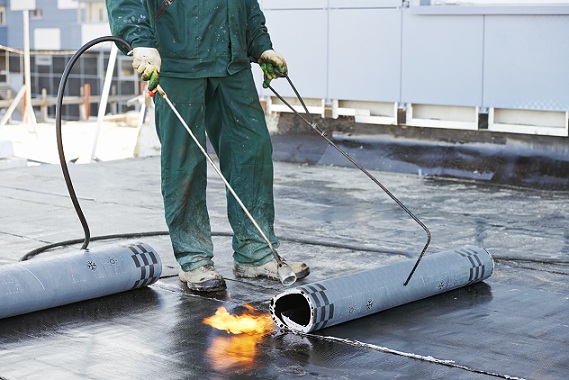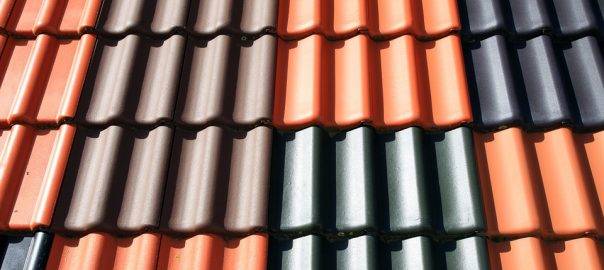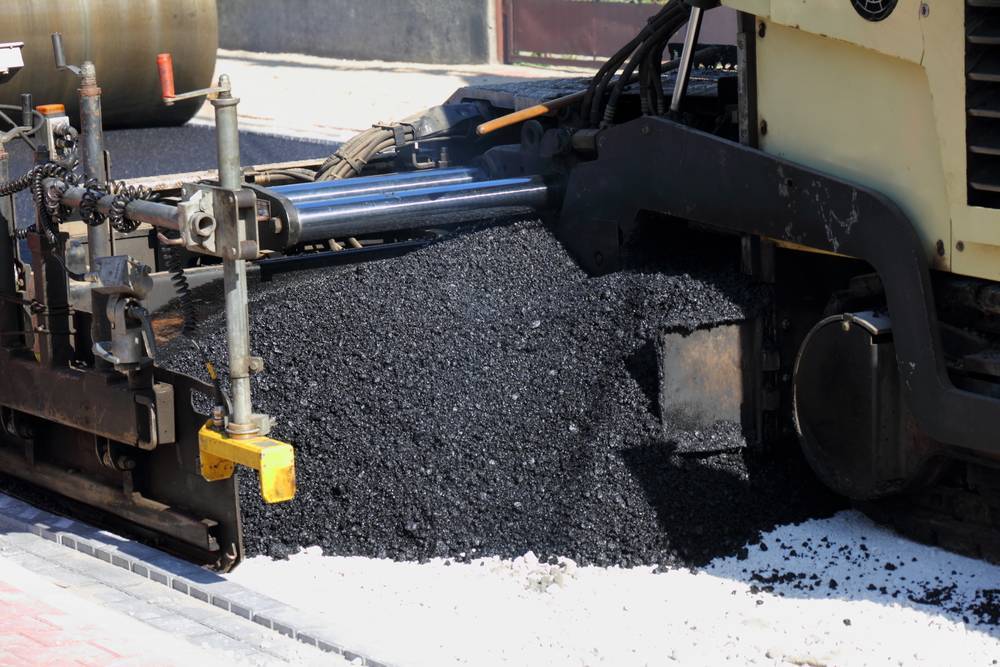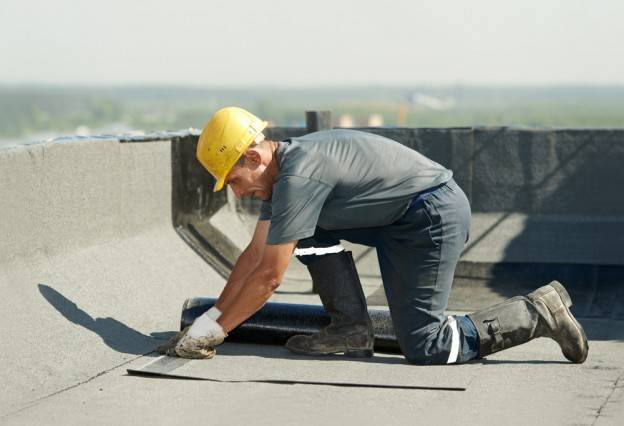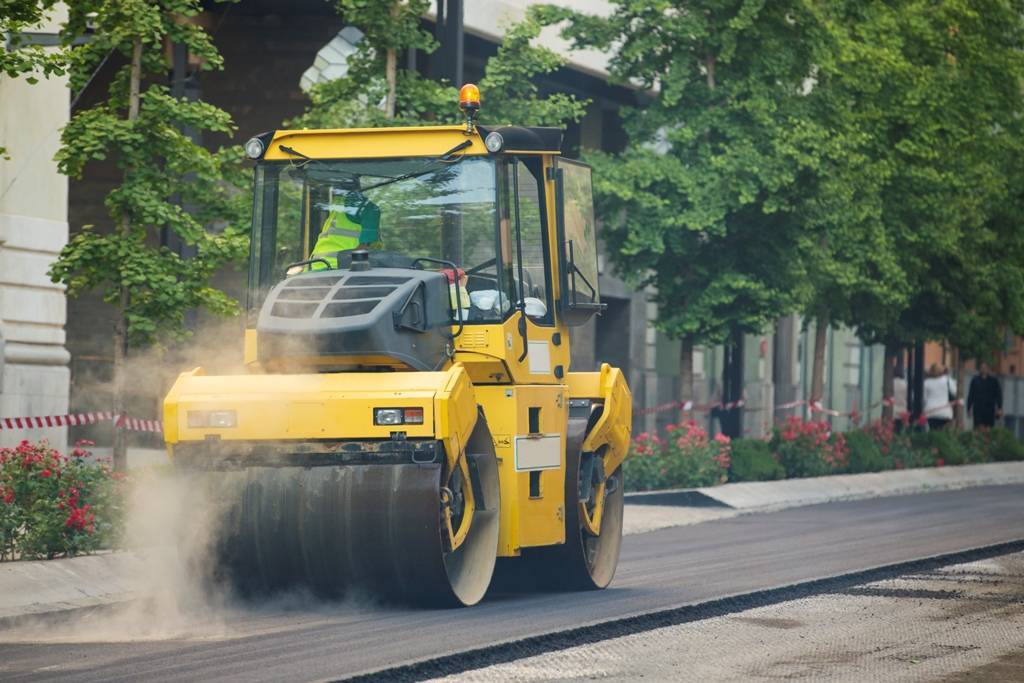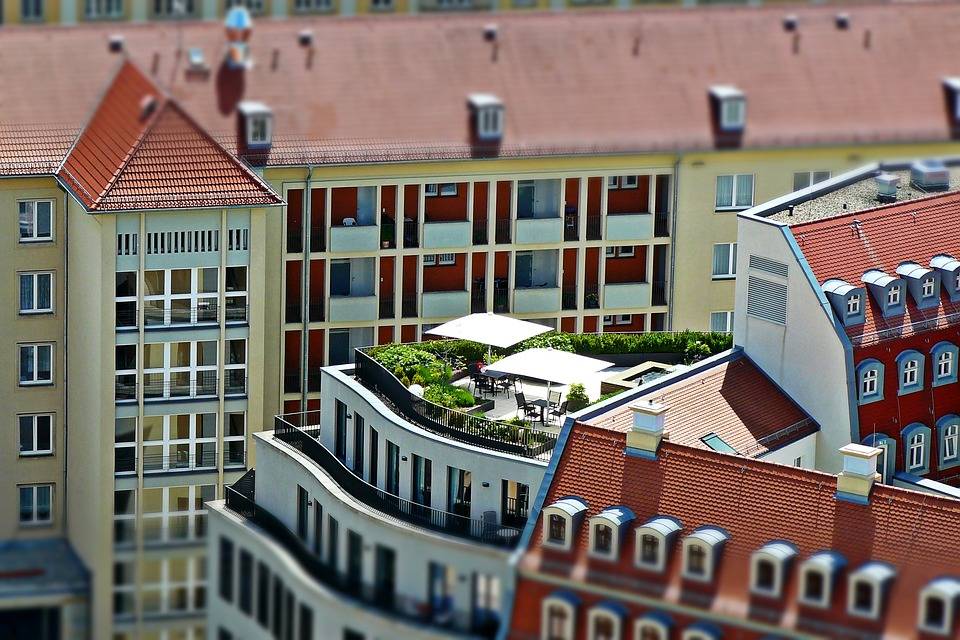The roof is one of the most important elements of the building, ensuring protection against adverse weather conditions and creating aesthetic appearance. Therefore, the design of the roof is very important. No less important is the selection of roofing material; in fact, it forms the future protective coating.
In building construction literature, there are several classifications of roofing. Depending on the form, they are divided into:
- Roll (asphalt, rubber, plastics, bitumen-polymer);
- Sheet metal (iron, copper, slate, corrugated);
- Piece (tile, soft tile);
- Monolithic (mastic, liquid).
Technology of roofing:
- mechanically attached;
- fixed with ballast;
- glued;
- hot-air welded;
- direct laying;
- combined methods
Polymer-bitumen roofing materials
First, the roof should perform two important functions:
- reliably protect the building from adverse weather conditions;
- perform well regardless of current season (cold, hot, rainy, etc.).
Based on these considerations, a roofing material is selected. A lot of them are now available in the market, but the real difference is achieved with polymer-bitumen materials with synthetic basis.
Polymer-bitumen materials contain special modifiers which eliminate or substantially reduce the drawbacks of bitumen.
The thickness of these materials is generally from 3 to 5 mm, so it is possible to reduce the number of layers of coating to one or two from four or five, as is the case with the traditional techniques.
Among other advantages, polymer-bitumen roofing provides:
- Reduction of work complexity;
- Reduction of the number of pores in roof tiles;
- Reduction of carbon monoxide and soot;
- Replacement of hot bitumen with heating the lower layer of the material with a burner;
- Compatibility with bituminous waterproofing materials, which allows to repair old roofs.
Modification of bitumen
Bitumen modification is a purposeful influence on properties of the material with special modifier additives. If the selection of additives is correct, the roofing material becomes elastic, heat and cold resistant, durable, and gains the ability to resist fatigue loads.
Today, the modifiers of roofing materials are:
- Atactic polypropylene (APP);
- Styrene-butadiene-styrene (SBS);
- mixture of atactic and isotactic polypropylene.
Materials modified by APP show a high resistance to UV radiation, acids and alkalis. They have good adhesion to metals and glass, and have greater heat endurance than the materials modified with SBS.
SBS-modified roofing has high elasticity, resistance to frost and is able to take the shape of roof surface. The low heat resistance in some cases does not allow to attach the material by hot welding.
Given the performance characteristics of both roofing materials, APP-modifiers are recommended for use in the southern regions, and SBS – in the north.
Note that polymer-bitumen materials are more expensive than conventional asphalt. But their service life is 5-10 times longer. Experience has shown a 2-3 times reduction of repair costs.
SBS modifier
SBS is an elastomeric polymer that gives bitumen good flexibility at low temperatures.
Modification of bitumen with SBS is characterized by creation of polymer matrix (a three-dimensional grid), in which the bitumen is dispersed.
To produce quality modified bitumen with SBS, it is necessary to:
- ensure the compatibility of bitumen and polymer;
- use special equipment.
For the production of polymer-bitumen roofing materials it is advisable to use UVB-2 units by GlobeCore. They work with any form of polymer: from fine powder to granules.
APP modifier
APP has physical and chemical properties that attribute it to the class of thermoplastics. Due to its high melting temperature, APP gives roofs high heat resistance, UV-resistance, and good flexibility.
The UVB-2 unit by GlobeCore can also be used for APP modified bitumen production. The unit implements almost any method of modification and introduces an additional amount of polymer in transfer mode, and also reduces electricity costs due to using an oil heating system.
